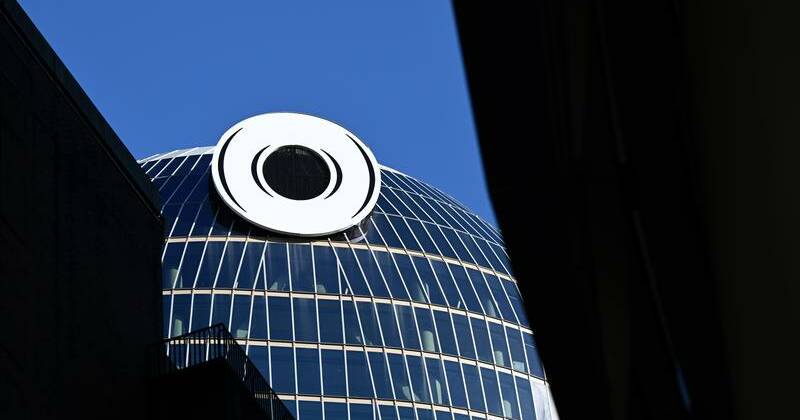
BREAKING NEWS: Macquarie Bank, Australia’s largest investment bank, has suffered its first shareholder strike as dissatisfaction over executive compensation erupts. At the annual general meeting held on October 26, 2023, a staggering 25.43 percent of investors voted against the adoption of the firm’s remuneration report, narrowly surpassing the critical 25 percent threshold required for a strike.
This urgent pushback comes amid rising tensions regarding Macquarie’s executive pay decisions and compliance issues. Recently, the Australian Securities and Investments Commission (ASIC) launched legal action against the bank for the fourth time in just over a year, alleging the failure to report up to AUD $1.5 billion in short sales over a 14-year period, jeopardizing Australia’s financial stability.
During the meeting in Sydney, Glenn Stevens, former Reserve Bank governor and Macquarie’s board chair, acknowledged investor concerns regarding remuneration practices. “While our remuneration system is strongly supported by shareholders, there are valid concerns about how the board reflects shortcomings in our decisions,” he stated.
In a notable shift, Macquarie’s chief executive, Shemara Wikramanayake, saw her pay decrease to AUD $24 million, down from AUD $25.3 million last year. However, this did not alleviate shareholder frustrations, particularly concerning the bank’s investments in fossil fuel projects.
A resolution demanding increased disclosures related to fossil fuel companies gained traction, with 35 percent of shareholders, including the New York City Pension Funds and the Church of England, backing the motion. Will van de Pol, CEO of environmental group Market Forces, emphasized the gravity of the situation, declaring, “Investors holding AUD $17 billion in Macquarie shares have demanded transparency on the bank’s support for polluting gas expansion, tarnishing its green reputation.”
Market Forces staged a demonstration outside the meeting, complete with a four-meter-tall mock gas flare, underscoring the urgency of addressing climate-related investments. The bank is currently funding the controversial AUD $100 million Beetaloo Basin gas project in the Northern Territory, which critics argue could have catastrophic environmental consequences.
Despite shareholder calls for reform, Glenn Stevens urged investors to reject the climate resolution, citing the necessity of carbon-based energy in the transition to net zero. “Simply shutting down oil and gas today is not viable,” he asserted, reinforcing the bank’s commitment to its current energy portfolio.
The aftermath of this meeting signals a significant shift in shareholder relations at Macquarie Bank, highlighting a growing demand for accountability and transparency in executive compensation and environmental practices. As the situation develops, stakeholders will be closely watching Macquarie’s next steps in addressing these urgent concerns.
This story is still unfolding, and further updates are expected as Macquarie navigates this backlash from its investors. Stay tuned for the latest developments.






